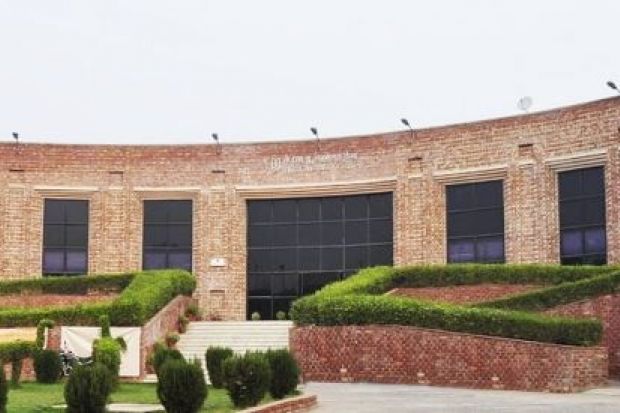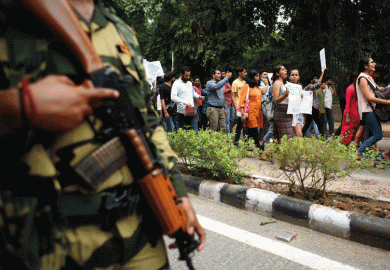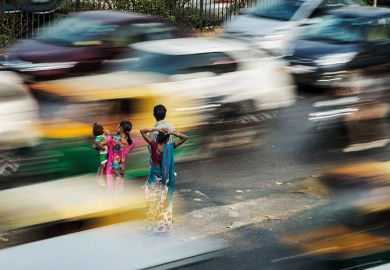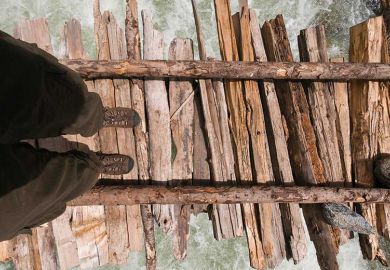Police entered the campus of Jawaharlal Nehru University in New Delhi after masked assailants wielding rocks and metal rods attacked dozens of students and staff on the evening of 5 January. As of 6 January, a complaint had been filed and some suspects identified, but no arrests had been made, NDTV reported.
Aishe Ghosh, president of the JNU Student Union, was seen crying and bleeding profusely from the head. “I have been brutally beaten up by people wearing masks,” she said in a video, which has been widely viewed and shared online. “I was there with one of my activists when I was brutally beaten up. I am not even in a condition to talk.”
After Ms Ghosh was discharged from medical care, she spoke briefly on NDTV with her head in bandages, saying that she had warned the police several hours prior of suspicious people on campus.
Al Jazeera reported that the violence started after the JNU Teachers’ Association held a meeting about hostel charges. The attacks came after months-long protests about fee hikes and other issues.
While details remain unclear, it seems like the left-leaning JNUSU and the right-leaning Akhil Bharatiya Vidyarthi Parishad or All India Student Council have blamed each other for the unrest.
Writing in a 5 January press statement, JNU registrar Pramod Kumar seemed to link the violence to recent student protests, although he did not mention fee hikes specifically. He said that disruptions began on 3 January when some students tried to stop the class registration process by dismantling campus servers and power supplies. They also allegedly prevented other students from entering campus buildings.
“The JNU administration feels great pain and anguish for the students who have sustained injuries in this violence,” Dr Kumar wrote. “JNU is always known for peaceful and democratic protests.”
Additional protests are being planned at campuses across India.
Register to continue
Why register?
- Registration is free and only takes a moment
- Once registered, you can read 3 articles a month
- Sign up for our newsletter
Subscribe
Or subscribe for unlimited access to:
- Unlimited access to news, views, insights & reviews
- Digital editions
- Digital access to THE’s university and college rankings analysis
Already registered or a current subscriber?








